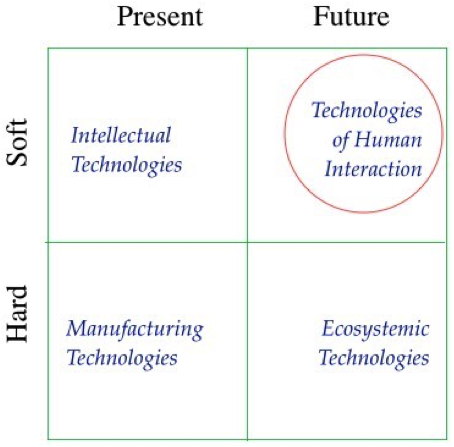Learning To Be the System That We Wish to See in the World
- Article: Alexander Laszlo, Living Systems, Seeing Systems, Being Systems: Learning To Be the System That We Wish to See in the World | Pages 163-17
URL = http://www.spanda.org/publications.html
Abstract
"The Systems Movement celebrates a field of inquiry, action and appreciation that includes the theory, practice, perception, thinking, design, development and innovation of systems. The theme of this special issue of Spanda is Systemic Change and its power to make the world a better place. In order to apply systems thinking as a catalyst for future creating, life affirming and opportunity increasing change, it is necessary to understand what types of social innovation and emerging technology can be fostered to greatest effect and affect by systems thinking. This is critically important if we are to do more than merely create networks of social dysfunction and ever increasing environmental degradation. As a species, we already know how to do that. What we need are Technologies of Organizational Communion (TOCs) to serve as evolutionary guidance systems for the Technologies of Information and Communication (TICs – aka ICTs) that now stand the chance of connecting us not only with each other, but with the planet, with future generations, and most importantly, with ourselves. If we wish to shepherd in a new era of global peace, prosperity and thrivability, we must use systems thinking to inform social innovation and emerging technologies so that they connect us with life. This article suggests ways of understanding technology from a systems perspective. Based on this understanding, it considers the role of technologies of social interaction – also known as soft technologies – in creating the conditions for the emergence of healthy and authentic communities, from local to regional to national to global. A case is made for the importance of consistently generating TOCs in conjunction with the development of TICs. Given the framework presented for the interpenetration of hard and soft technologies, the essential interdependence of the two becomes evident if more harmonious ways of doing, being, and interacting with all life on Earth are the desired outcome of social innovation and emerging technologies. Finally, the article suggests that a key role of systems thinkers who understand how to live into the systems they design is to foster social innovations and emerging technologies that stand the best chance of giving rise to a glocal eco-civilization — one that is simultaneously locally and globally attuned. "
Visualizations

